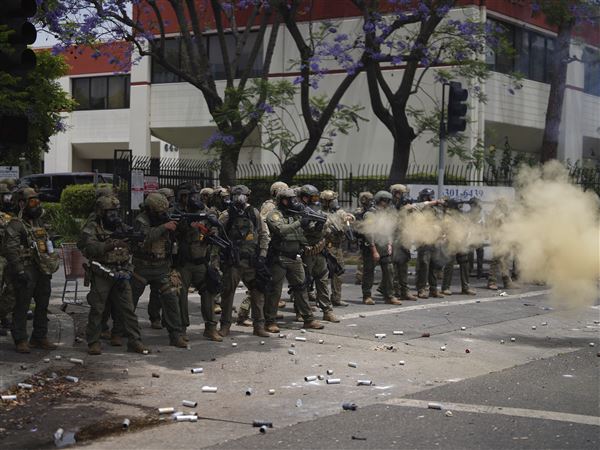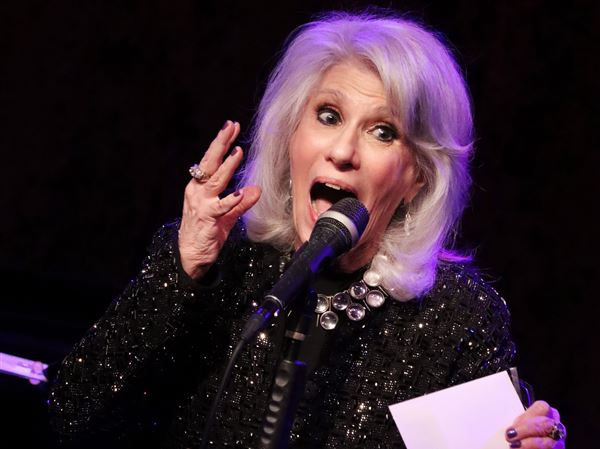WASHINGTON — Members of Congress who are demanding Hillary Rodham Clinton’s emails are largely exempt from such scrutiny themselves.
Congress makes its own rules, and has never subjected itself to open records laws that force agencies such as the State Department to maintain records and turn them over to the public when asked.
There’s also no requirement for members of Congress to use official email accounts, or to retain, archive or store their emails, while in office or after. That’s in contrast to the White House and the rest of the executive branch. Official emails there are supposed to be retained, though the controversy over Ms. Clinton’s use of a personal email account while secretary of state has exposed vague and inconsistent requirements from one agency to another.
But if the rules at federal agencies are unclear, at least there are rules. On Capitol Hill, there are almost none. That means that the same House Republicans who are subpoenaing Ms. Clinton’s emails as part of their inquiry into the September 2012 attacks of the U.S. diplomatic compound in Benghazi, Libya, are not required to retain emails of their own for future inspection by anyone.
“Members of Congress can burn everything when they’re finished if they want,” said John Wonderlich, policy director at the Sunlight Foundation, which advocates for government transparency. “They have discretion.”
That might appear to be a double standard, but members of Congress mostly don’t see it that way. And, perhaps surprisingly, open government advocates are largely unconcerned. They agree that it makes sense for Congress to be treated differently from the executive branch, although there are certain private proceedings they would like to see made public, such as some reports generated by the Congressional Research Service.
For the most part, lawmakers say, Congress already operates in a much more open fashion than the other branches of the federal government. Most congressional proceedings are conducted in open session, sometimes widely broadcast, and lawmakers are accountable to the voters at election time. Some argue that requiring members of Congress to make their correspondence public could chill their ability to communicate freely with constituents who might not want their views or requests widely exposed.
“I don’t want to sound like we’re separating ourselves from other groups, but there is a reason that you protect constituent correspondence, so it’s a little different kettle of fish,” said Sen. Jeff Flake, R-Ariz.
A provision in the Constitution known as the “speech or debate” clause provides members of Congress with immunity for their legislative acts and has been generally interpreted to give them broad control over their records, although it’s been challenged in court during recent corruption investigations. Additionally, because executive branch agencies are bound by the Freedom of Information Act, correspondence between a lawmaker and, say, the Interior Department can be accessed by the public.
The exemptions that Congress grants itself aren’t just about records. Lawmakers have spared themselves from many other laws that cover the rest of society, including those governing workplace health and safety, civil rights and discrimination.
When Republicans took control of Congress in 1994, they sought to eliminate the perception that lawmakers played by different rules. They announced, as Item 1 in their “Contract with America,” plans to require that all laws that apply to the rest of the nation apply to Congress, too. The concept was enshrined in the Congressional Accountability Act of 1995. But issues such as open records weren’t covered.
The controversy over Ms. Clinton’s emails has drawn plenty of attention on Capitol Hill. Some has been contentious, such as House Republicans signaling plans to expand their Benghazi inquiry. Then there are a few senators who have been pressed to admit — or perhaps boast — that they rarely if ever use email.
Yet there’s little sign that the flap will prompt much self-reflection or change on Capitol Hill. Lawmakers and aides in both parties say there’s been no such talk. A spokesman for Rep. Trey Gowdy, R-S.C., who is spearheading the hunt for Ms. Clinton’s emails as head of the Benghazi inquiry committee, indicated that the congressman has no interest in changing the rules on lawmakers’ emails, including his own.
“There is a difference between the executive branch, which has the tremendous power to enforce laws, and the legislative branch,” said spokesman Jamal Ware, adding that elections every two years put the House closer to the people and subject to greater scrutiny.
Sen. Richard Blumenthal, D- Conn., said in response to a query: “I’m ready to be bound by the same disclosure requirements that apply to other branches of the government.” But he added, “I haven’t heard anything about it until your question.”
First Published: March 14, 2015, 4:00 a.m.
















